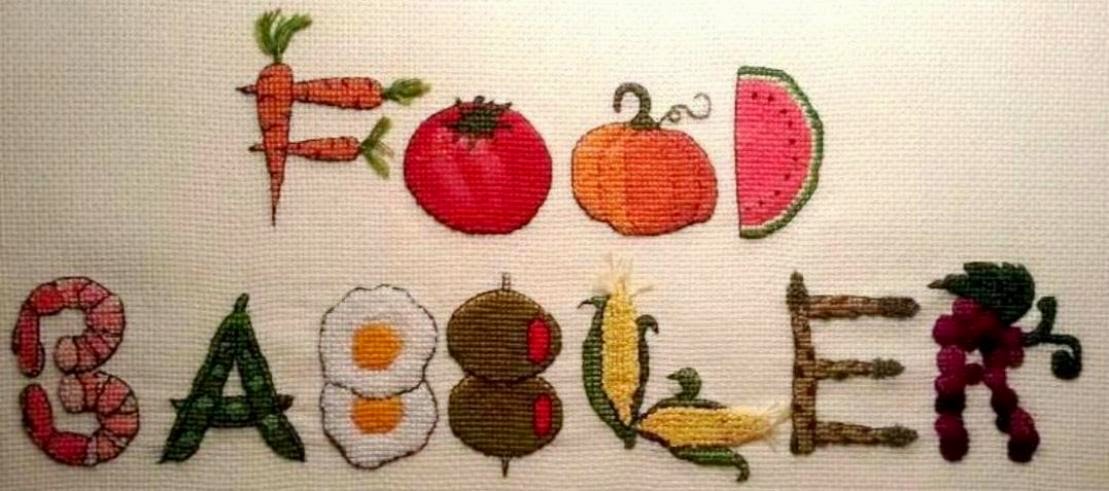 |
| Photograph courtesy of Jeff Fuchs |
All the photos here are by friend, author of The Ancient Tea Horse Road and photographer, Jeff Fuchs. Fuchs currently lives in Shangrila where (among other adventures) he is documenting the lives of nomads living within the tea regions of China's southern Yunnan province. These are just a taste!

Tea is definately more than a cuppa. It has many health related properties such as: anti-cancer properties,Increases metabolic rate,possible anti-diabetes effect,boosts mental alertness & your immune system,lowers chances of cognitive impairment & lowers stress hormone levels. Tea is also a spiritual exercise. Spirituality can be practised while doing simple everyday things like drinking your cup of tea. Life can only be found in the present moment. Also think of the Japanese tea ceremony,every movement has a meaning. I would urge you to experience loose teas. There are so many it will boggle your mind at first but tea is like wine. It has many differentiating characteristics depending on the soil, climate and location and productio methods. Recently I tasted a tea that is produced as ice wine is, the leaves are picked during the first frost. Incredible taste! Interesting fact: all tea is made from a single variety the Camellia sinensis. I'll talk more tea soon!
ReplyDelete